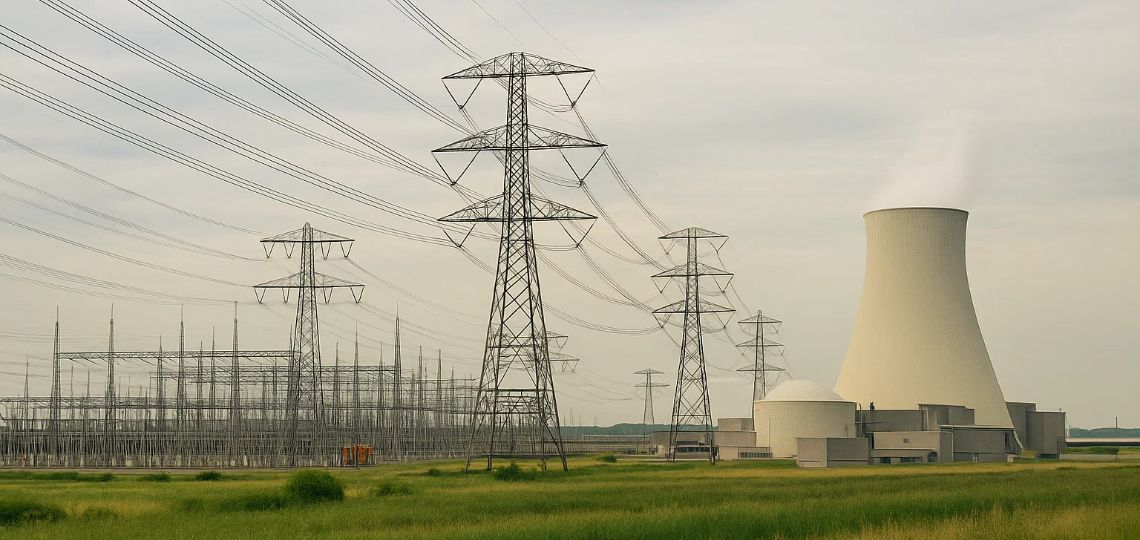Dutch Government's Strategic Budgetary Measures to Bolster Industrial Competitiveness and Energy Stability
Key Ideas
- €11.4 billion budgetary measures announced to bolster industrial competitiveness and energy stability in the Netherlands.
- Three-year extension of electricity cost compensation scheme and investments in grid modernization to support energy-intensive industries.
- Strategic support for nuclear program reactivation and allocation of €2.76 billion to hydrogen sector for production and industrial applications.
- Postponement of national carbon tax to provide flexibility for industries managing costs and investments, with potential extension beyond 2032.
The Dutch government has unveiled a comprehensive €11.4 billion budgetary package to enhance industrial competitiveness and ensure energy stability in the country. The plan includes extending the indirect electricity cost compensation scheme for three years to support industries and investing in modernizing the national electricity grid to accommodate energy-intensive sectors. Moreover, strategic initiatives aim to reactivate the civilian nuclear program, with commitments to extend operations at the Borssele nuclear power plant and prepare for new plant constructions. Notably, a substantial budget of €2.76 billion is allocated to the hydrogen sector, with a focus on production and industrial applications to establish the Netherlands as a key player in the emerging European market. The government also decided to postpone the implementation of a national carbon tax to provide industries with more flexibility in managing costs, considering international competition pressure. While these measures demonstrate proactive economic strategies, the impact on the market and industries will be closely monitored in the future.
Topics
Utilities
Government Support
Industrial Competitiveness
Energy Stability
Electricity Grid Modernization
Nuclear Program
Carbon Tax Postponement
Latest News
